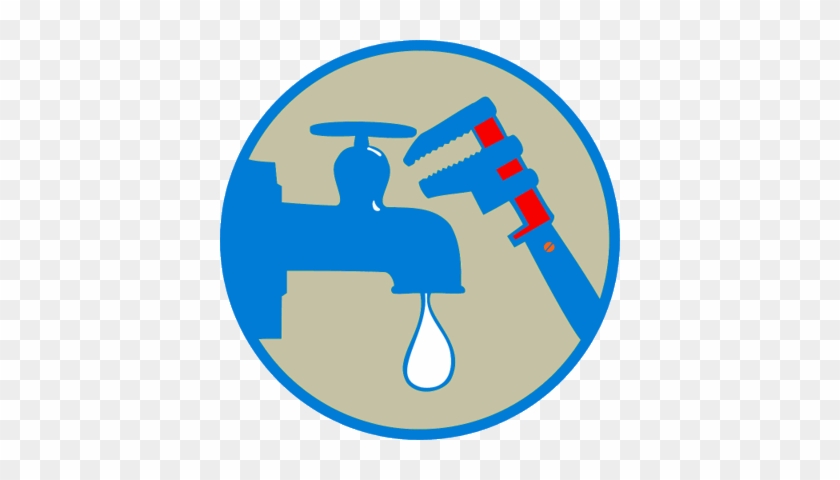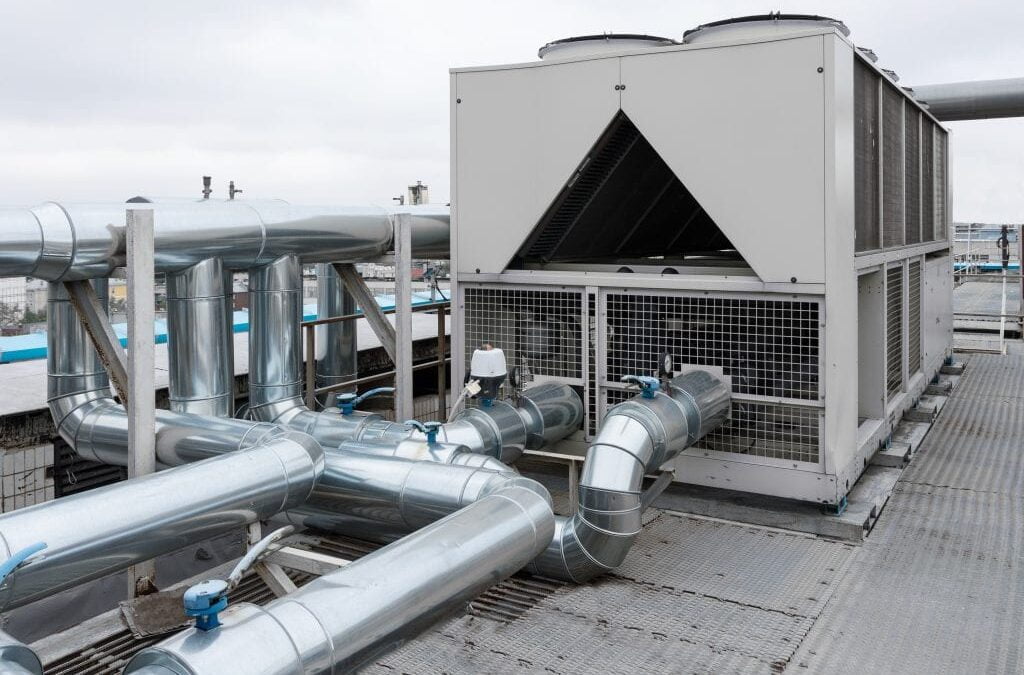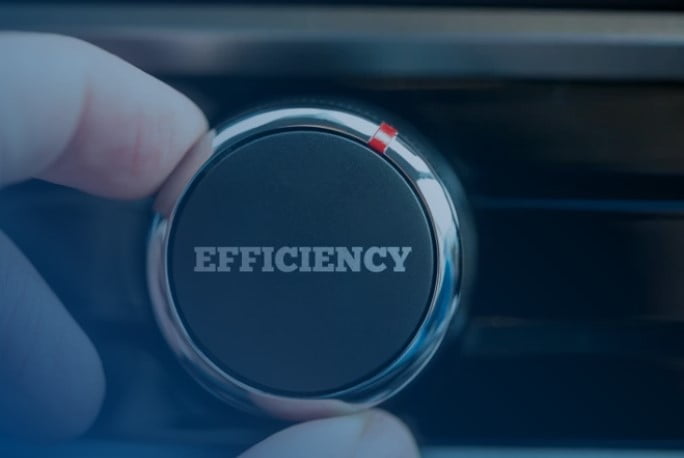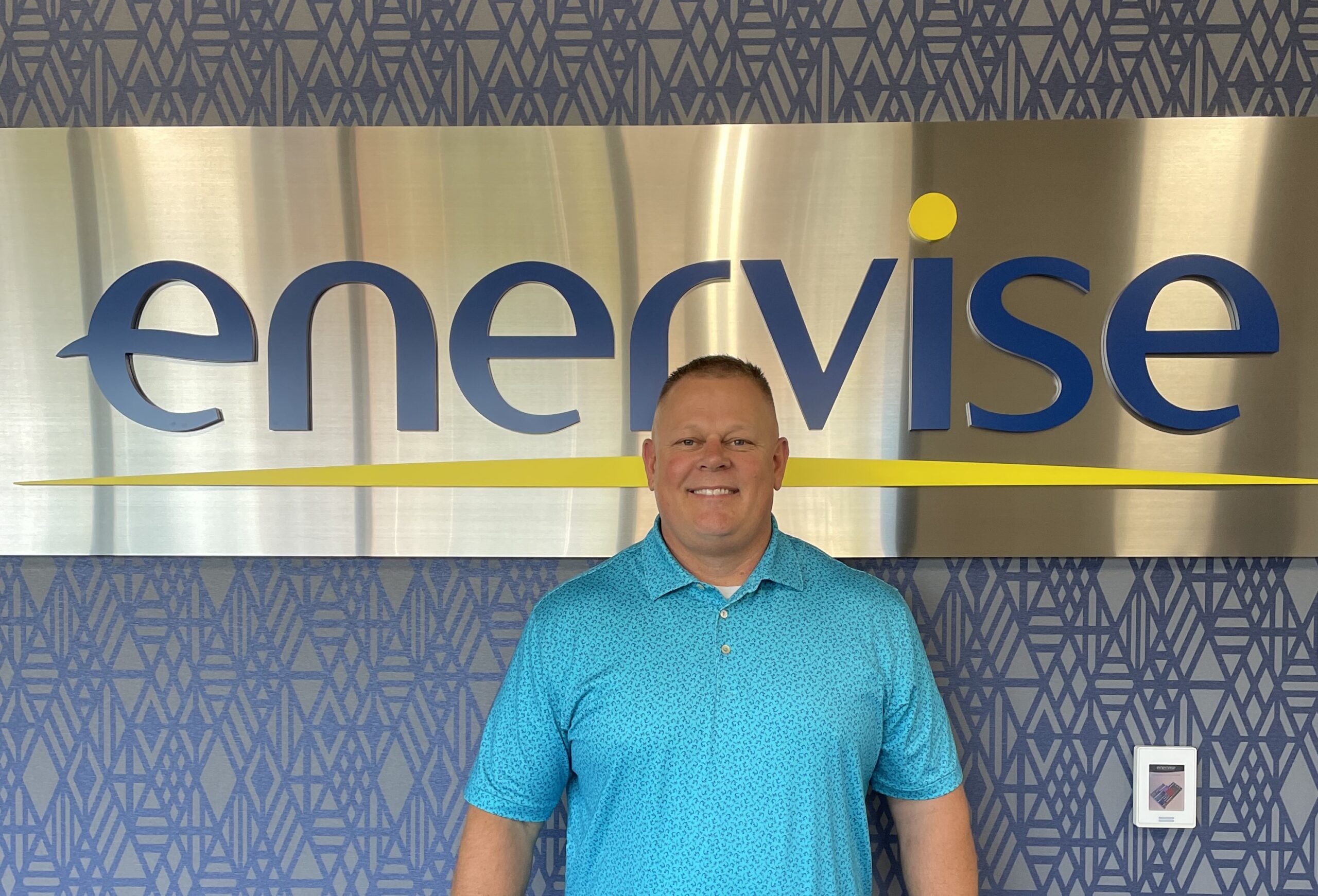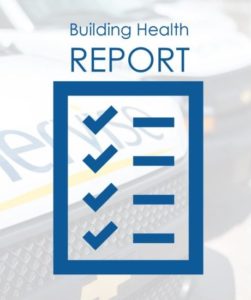If you did not get around to proactively cleaning and maintaining your chiller last fall, prevent headaches by ensuring that routine chiller maintenance is done before you start chillers back up in the spring.
We are reaching the end of the off-season for commercial chillers. Given that chiller tubes run the risk of scale buildup and sediment residue, The U.S. Department of Energy says that chillers are wasting up to an additional 30% in energy. The department, along with industry professionals recommend that chiller maintenance operations be conducted at least 1-2 times a year.
Routine chiller maintenance tasks include: Tube cleaning, evacuation & dehydration, Eddy current testing, motor insulation & testing.
Here are 3 tips to ensure your chiller is properly maintained before spring:
- Test for leaks that may prevent proper of operations, not to mention the release of hazardous refrigerants
- Perform proper water treatment to understand if scale, mud, slime, sludge, or algae are building up in the system. This decreases the chances of equipment corrosion overtime and improves efficiency
- Keep refrigerant and oil levels consistent with the manufacturer’s recommended levels. There are multiple ways to analyze and track refrigerant levels, including an air purge timer, checking the refrigerant sight-glass for bubbles, and inspecting all system joints with a gas analyzer.
Lastly, ensuring all related systems are properly maintained is essential. According to Facility Executive Magazine, chiller efficiency decreases 2% for each degree that a condenser supply temperature is above design specifications. This means that a cooling tower’s performance is directly connected to chiller efficiency. If properly maintained, chillers and cooling towers will allow for smooth sailing through the spring and summer months this year.
Whether you have a Centrifugal, Rotary Screw, or Reciprocating compressor chiller, Enervise has the depth of experience to maximize Chiller efficiency, and to insure reliable operation. Learn more about Enervise Chiller Maintenance Best Practices.
